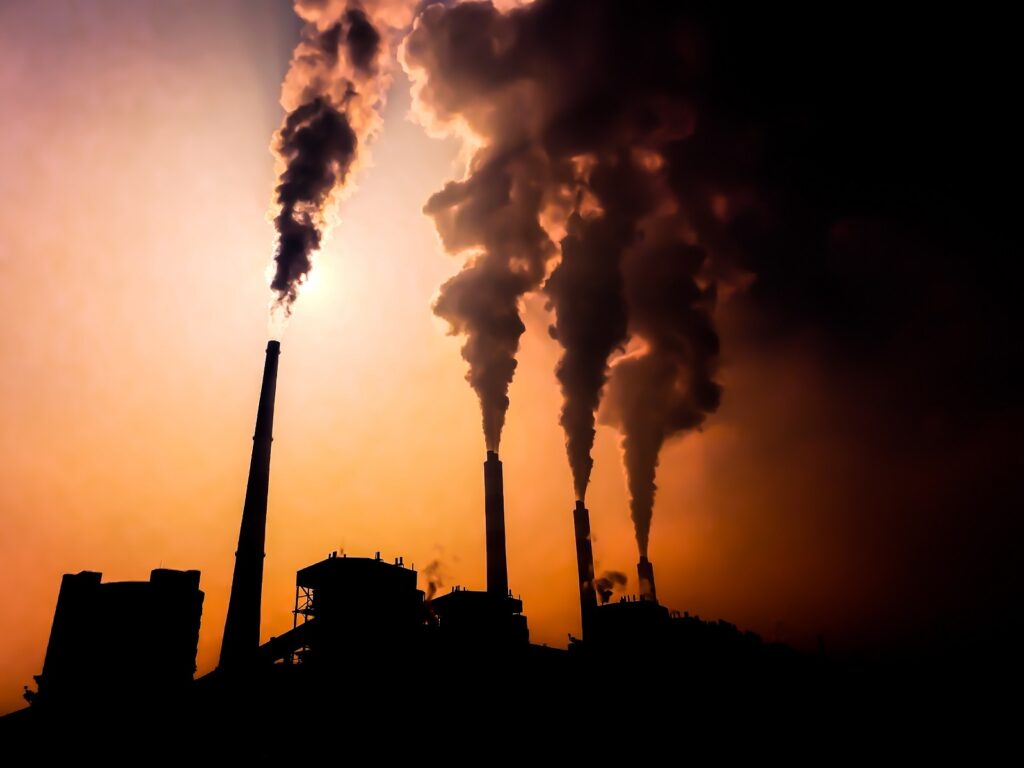Ireland’s recovery from COVID-19 must take into account climate change, according to a new report detailing the progress made in emissions reductions of Irish businesses.
The report – produced by PwC for Business in the Community Ireland (BITCI) – outlines reductions in emissions made by over 50 companies in the country that have committed to BITCI’s Low Carbon Pledge.
The signatories are to reduce the intensity of their Scope 1 and Scope 2 carbon emissions by 50% by 2030, with this year’s report finding that the average reductions have increased from 36% in 2018 to 41% in 2019.
It includes companies from a wide range of sectors, including the energy sector. Launched on Friday to coincide with World Environment Day, supplier SSE Ireland signed up to the Pledge, along with transmission operator EirGrid, ESB Group, KMPG, PwC Ireland, and companies from other sectors such as telecommunications companies BT, Virgin Media Ireland and Vodafone Ireland, and supermarket chains Lidl Ireland and Tesco Ireland.
“The Low Carbon Pledge is a commitment for Irish business to invest time and resources into creating a more sustainable operation and is the first dedicated pledge generated by Irish business to set industry standards,” explained Rachel McEwen chief sustainability officer at SSE.
“Businesses know they must decarbonise – that’s not under question. Whether they do that robustly is the question. That’s why evidence, science and facts, matter. It’s not enough to say we want to decarbonise. We must do it and prove we’ve done it. The Science Based Target Initiative is an excellent way to give customers that comfort.”
The report states that the decarbonisation of both the economy and society must “underpin the recovery period ahead” in regard to the COVID-19 pandemic. It goes on to say that there are three threats facing the country, naming them as the pandemic, social inequality and the climate crisis.
It is, the report said, “imperative” that solutions are created for all three instead of the issues being addressed in silo, which could exacerbate the effects of one problem while fixing another.
Tomás Sercovich, CEO of BITCI, said that building a new economic model as a result of the pandemic requires “significant investment, innovative technology and a new social contract that leaves no one behind”, but added it is a “once in a generation opportunity”.
BITCI has a number of asks for Irish businesses as part of the Low Carbon Pledge, including calling for them to start setting ambitious science-based emission reduction targets by 2024 and engaging in dialogue on climate change with suppliers, employees and investors.
It is also asking for businesses to continue to advance the measurement, reporting and communication of their carbon emissions as well as moving “swiftly” to review and start assessing indirect and supply chain emissions.
This is a key focus on the latest report, with last year’s inaugural report concentrating on Scope 1 and 2. However, there is “a need to enhance understanding of scope 3 reporting”, with the report including some Scope 3 sources such as business travel, water consumption and waste generation for the first time.
In 2019, carbon emissions linked to business travel accounted for 91% of Scope 3 emissions produced by the 29 companies that provided data for Scope 3. It is expected that all Low Carbon Pledge companies will report on aspects of Scope 3 in next year’s report.
Overall, absolute carbon emissions of the original 45 pledge companies – with an additional 10 coming on board this year to take the total to 55 – reduced by 18%, from 9.2 MtCO2e in 2018 to 7.5 MtCO2e in 2019.
The majority of companies committed to the Low Carbon Pledge are in the professional services sector, but the energy and utilities sector came in as the largest contributor to carbon emissions of the group. This sector did, however, reduce Scope 1 and 2 emissions by 19% in 2019.
In addition, 73% of the Low Carbon Pledge companies reduced their carbon emissions from electricity usage in 2019.
A number of those involved highlighted efforts to increase their renewable energy usage, such as broadcaster RTÉ installing solar panels at its Donnybrook site.
The report also makes note of ESG – the three factors in measuring the sustainability and societal impact of an investment, standing for environmental, social and governance – and states that in the recovery from COVID-19, climate risk governance and disclosure and the prominence of ESG is likely to be accelerated.
Kim McClenaghan, Partner, PwC’s Energy, Utilities & Sustainability Practice said that “re-setting corporate resilience and upping the ante on ESG will be key” to future-proofing business models and taking learnings from COVID-19 as businesses rebuild.
“The harsh lessons from this crisis are likely to accelerate efforts, in a post-pandemic world, of markets and boards to price in systemic risks,” McClenaghan added.
The Low Carbon Pledge follows calls around the world to place decarbonisation at the heart of the COVID-19 recovery process. In the UK, over 200 business leaders signed a letter to the Prime Minister at the beginning of June calling for recovery efforts to align with the UK’s wider social, environmental and climate goals.





